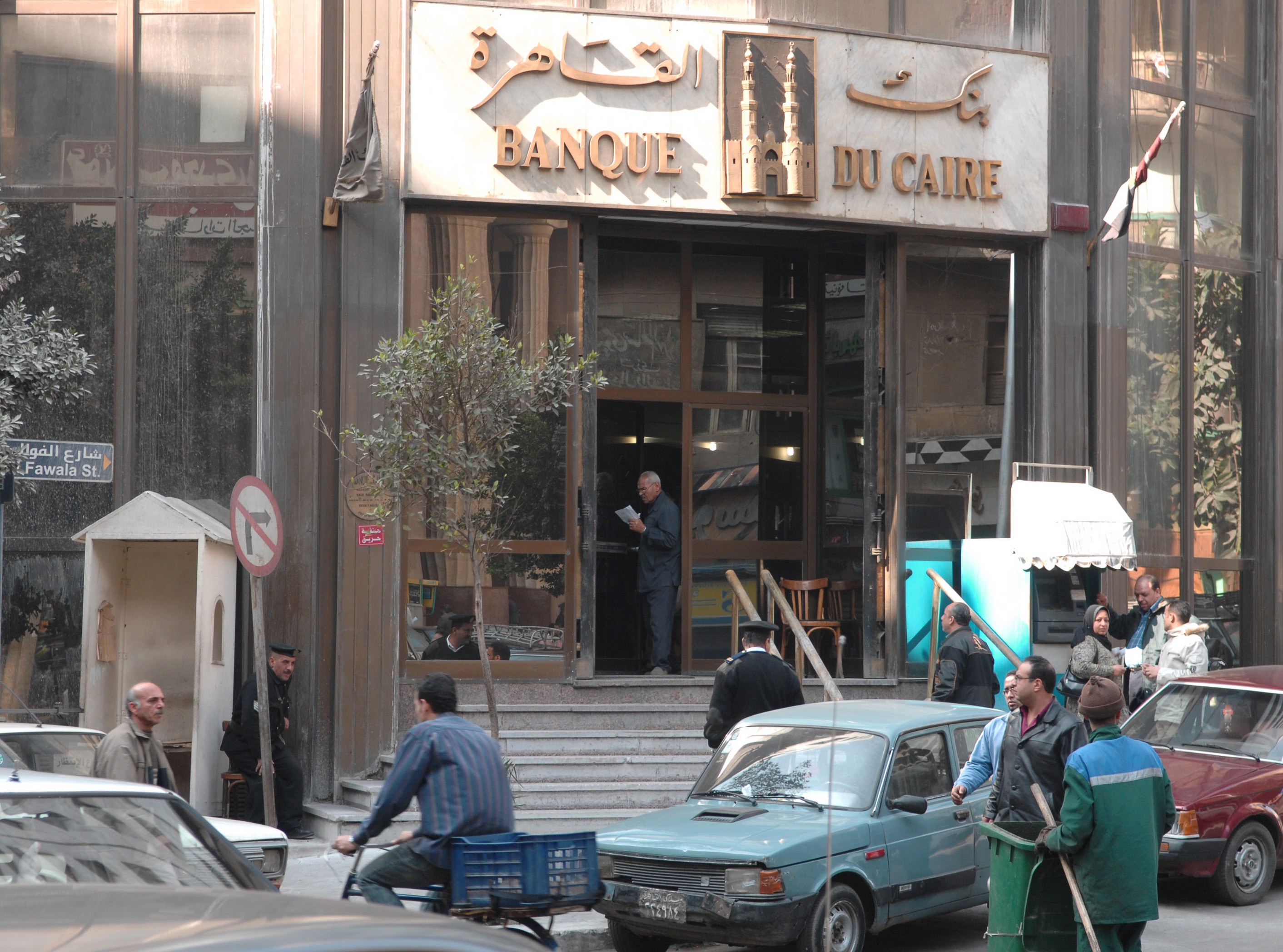Several banks operating in the Egyptian market have committed to the Central Bank of Egypt (CBE) decision not to distribute cash dividends from 2020 profits or retained profits to shareholders.
The CBE had called on banks not to make cash dividends out of the year’s profits or retained earnings that could be distributed to shareholders.
In a letter to banks, the CBE said that the measure aims to support the capital base at banks so that they have security against the potential financial risks of the novel coronavirus (COVID-19) pandemic. The CBE also said, in the letter, that distribution will be limited to employees and disbursement of bonuses for fiscal year (FY) 2019/20 only.
The CBE said the decision comes in light of the continuing local and international economic and financial crisis caused by the pandemic. It takes into account the uncertainty regarding the pandemic’s end, and the extent of its impact on the economic situation in the coming period.
The banks working in the Egyptian market that have voiced their commitment to the CBE decision are namely: saib Bank; Egyptian Gulf Bank (EG Bank); Export Development Bank of Egypt (EBE); Faisal Islamic Bank; Housing and Development Bank (HDB); QNB Alahli; National Bank of Kuwait (NBK); and Al-Baraka Bank Egypt.
All banks have informed the Egyptian Exchange (EGX) of their commitment to the decision.
Yahia Aboul Fotouh, Vice-Chairperson of the National Bank of Egypt (NBE), said that the CBE’s decision helps strengthen the financial positions of banks and the value of the shares traded on the EGX. It ensures that the distribution of profits to employees in the banking system are not affected, and added that NBE employees will receive their bonuses from dividends.
Banking expert Tarek Metwally agreed with Aboul Fotouh that the decision is a tool to support the financial position of banks, and acts as a pre-emptive step allowing banks in Egypt to face any potential risks of the pandemic.
He added that it will maintain the integrity of Egypt’s monetary and banking system, and take proactive steps to meet potential risks, whilst also consolidating their capital adequacy rates.
Metwally noted that Egypt’s banking sector has been an important economic pillar in confronting other crises, such as the financial crisis of 2008-2009, the two revolutions of 2011 and 2013, and more recently the COVID-19 crisis.
He explained that the various initiatives set up by the CBE to support several of Egypt’s economic sectors affected by the global health crisis requires banks to hedge and increase allocations and reserves.
This will ensure that they can meet the risks resulting from the interruption or slowdown of these sectors. Banks have undertaken such support measures to varying degrees, which required the CBE’s intervention to support all bank centres.
Metwally added that this decision also helps banks comply with the new banking law, which demands that banks increase their capital to a minimum of EGP 5bn within three years from the date of the law’s issuance. This is particularly notable given the current disparity in bank capital rates, with some reporting a minimum capital rate of EGP 500m.
Prime Holding said that the effect of the decision could differ from one bank to another. Writing in a research paper, the company said that the decision will be neutral on smaller banks that need to strengthen their capital base, such as Al-Baraka Bank, Abu Dhabi Islamic Bank (ADIB), and the Suez Canal Bank (SCB).
The volume of ownership rights for each of these banks is estimated at EGP 4.8bn, EGP 5.1bn, and EGP 3.6bn, respectively, according to figures for the third quarter (Q3) of 2020.
It indicated that ADIB was due to start distributing cash dividends for 2020, which will now go to supporting its capital base instead.
Prime Holding said that for larger banks, the effects of the CBE decision will be different due to their large capital base, and their having no need to support their capital base.
Those banks have previously distributed cash dividends to shareholders on a regular basis, according to the value of the Egyptian pound every year. These banks include the Commercial International Bank (CIB) and QNB Alahli, both of whom have reported property rights of EGP 54bn and EGP 38bn, respectively.
Other big banks also include the Faisal Islamic Bank of Egypt, which has ownership rights of up to EGP 13.6bn, and HDB, with property rights of up to EGP 7bn.
For her part, Radwa El-Swaify, Head of Research Sector at Pharos Holding Investment Bank, said that the CBE’s decision helps banks boost their minimum capital to the EGP 5bn, as stipulated in the new banking law.
She said that not distributing cash dividends enhances the capital, enables banks to gain faster access to the legally required capital, and reduces the need to pump liquidity into the capital before the date specified in the law. At the same time, shareholders can be compensated through the distribution of free shares.
El-Swaify added that this decision also enhances banks’ ability to increase their capital adequacy rates and reach Basel III requirements.




